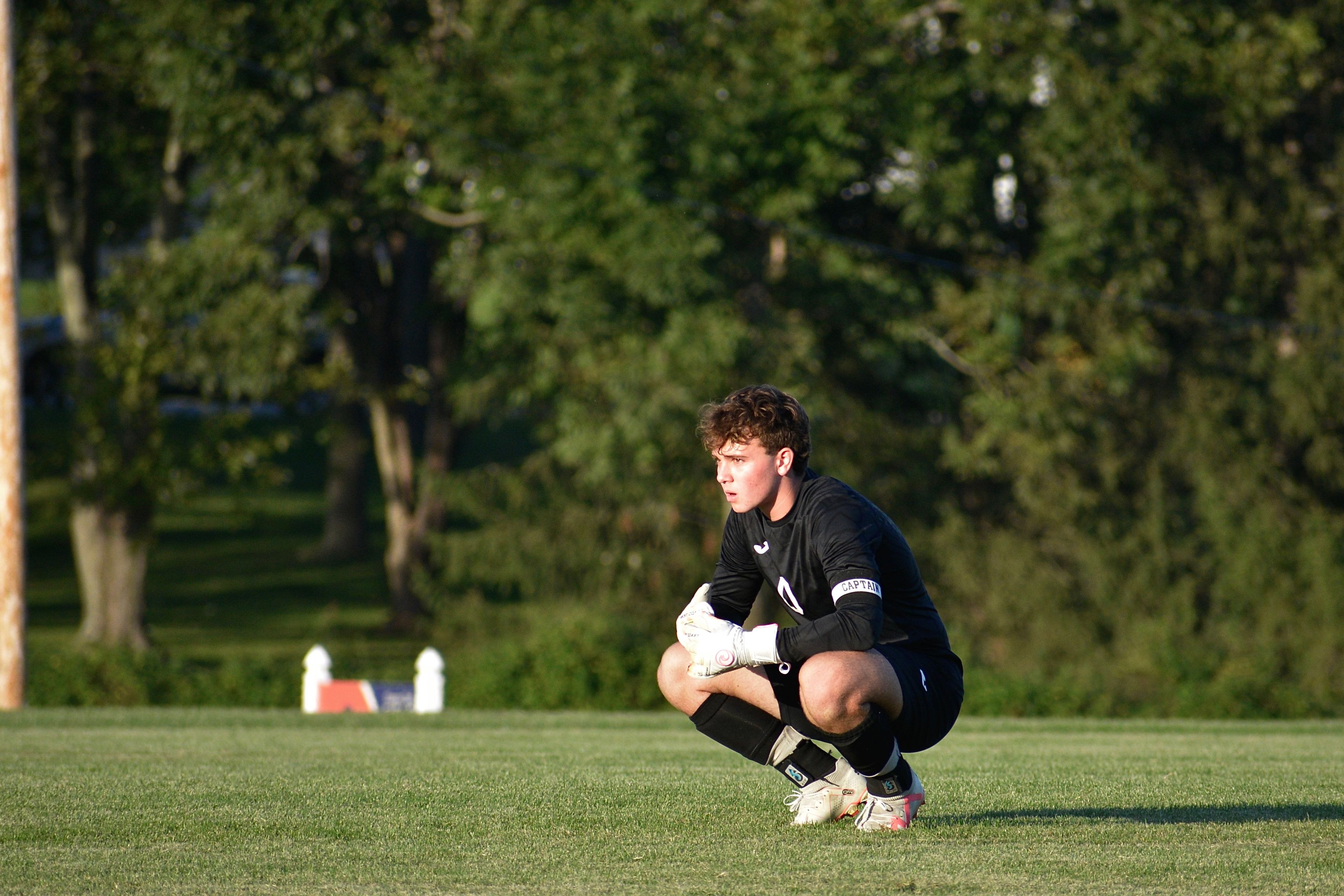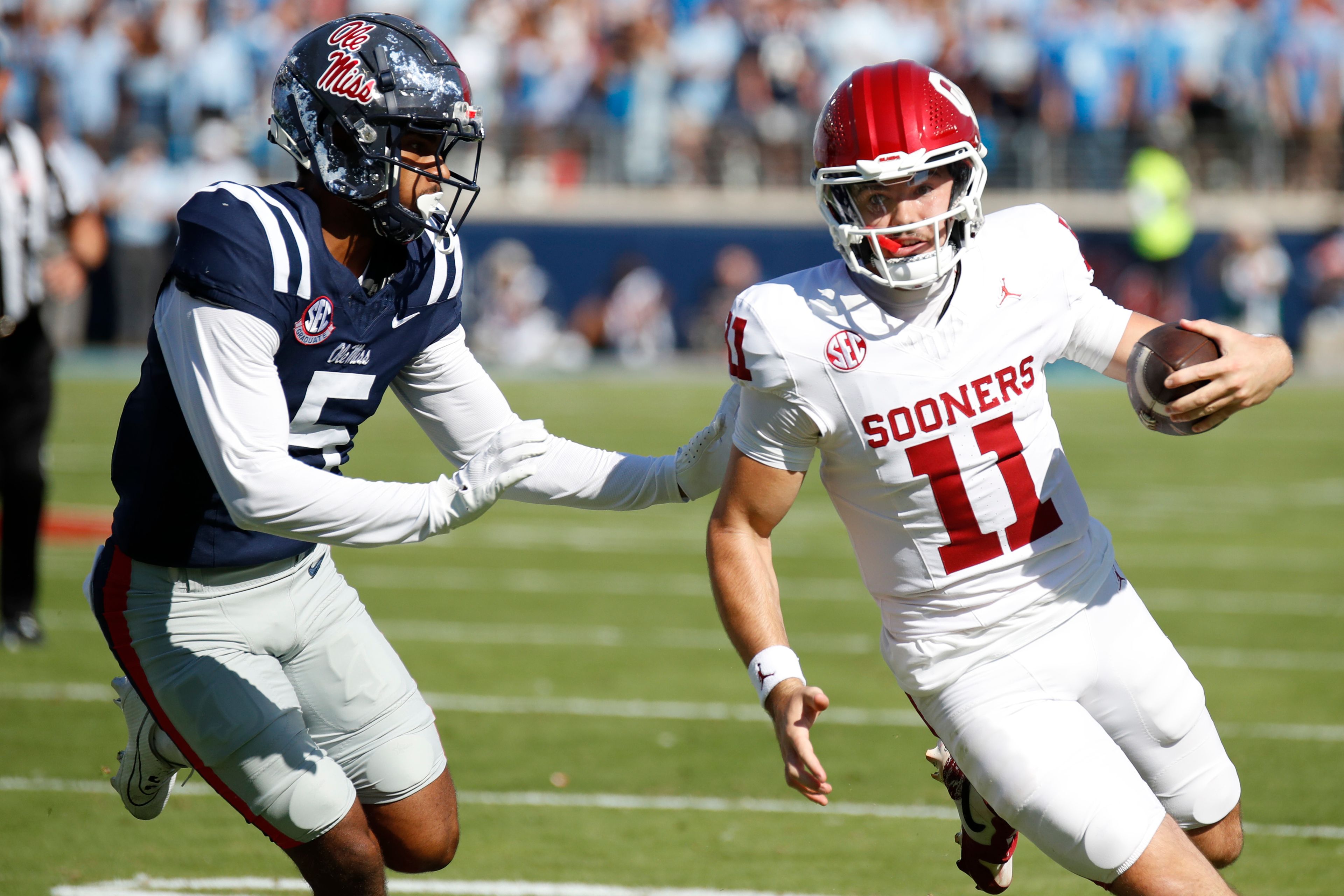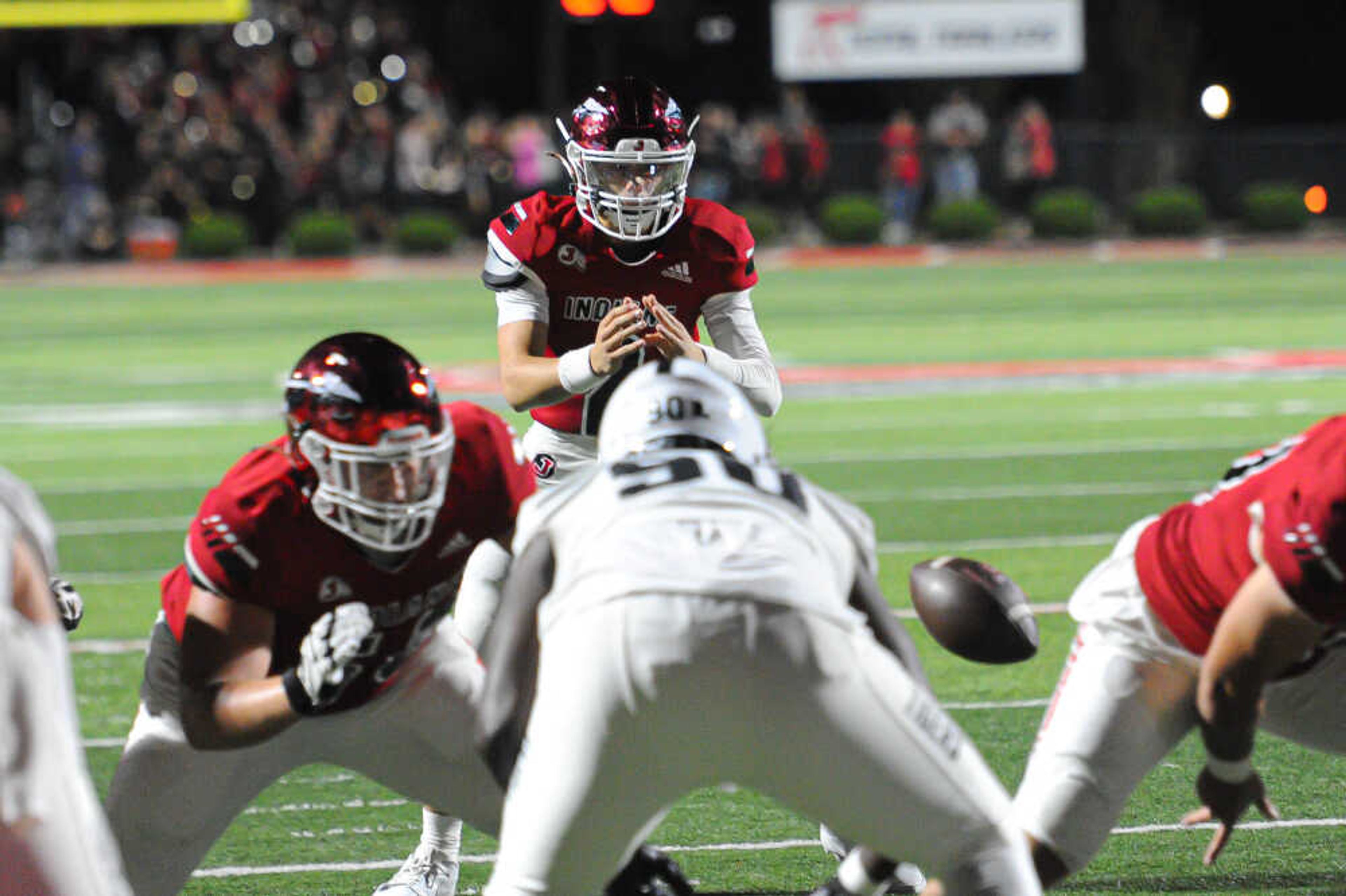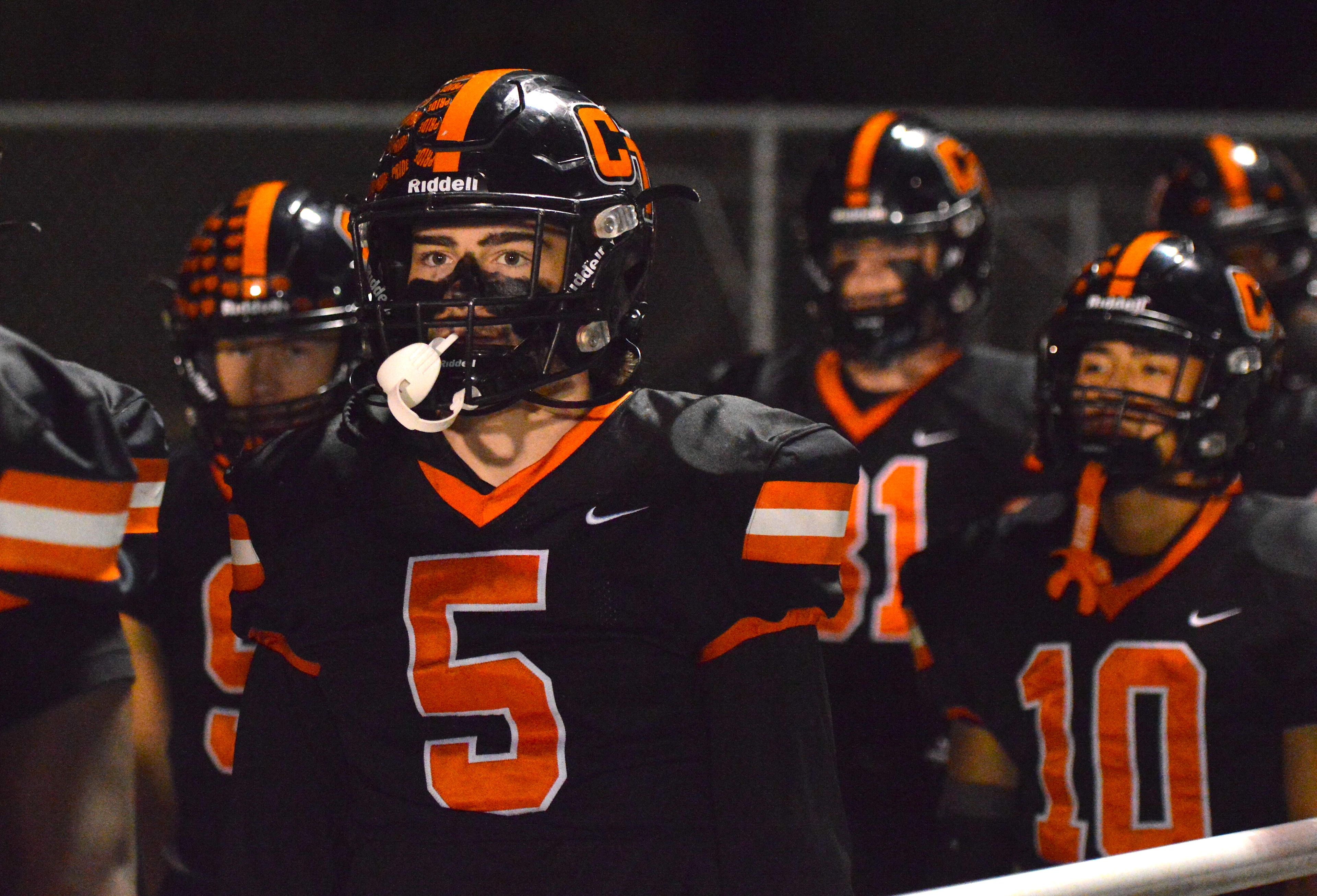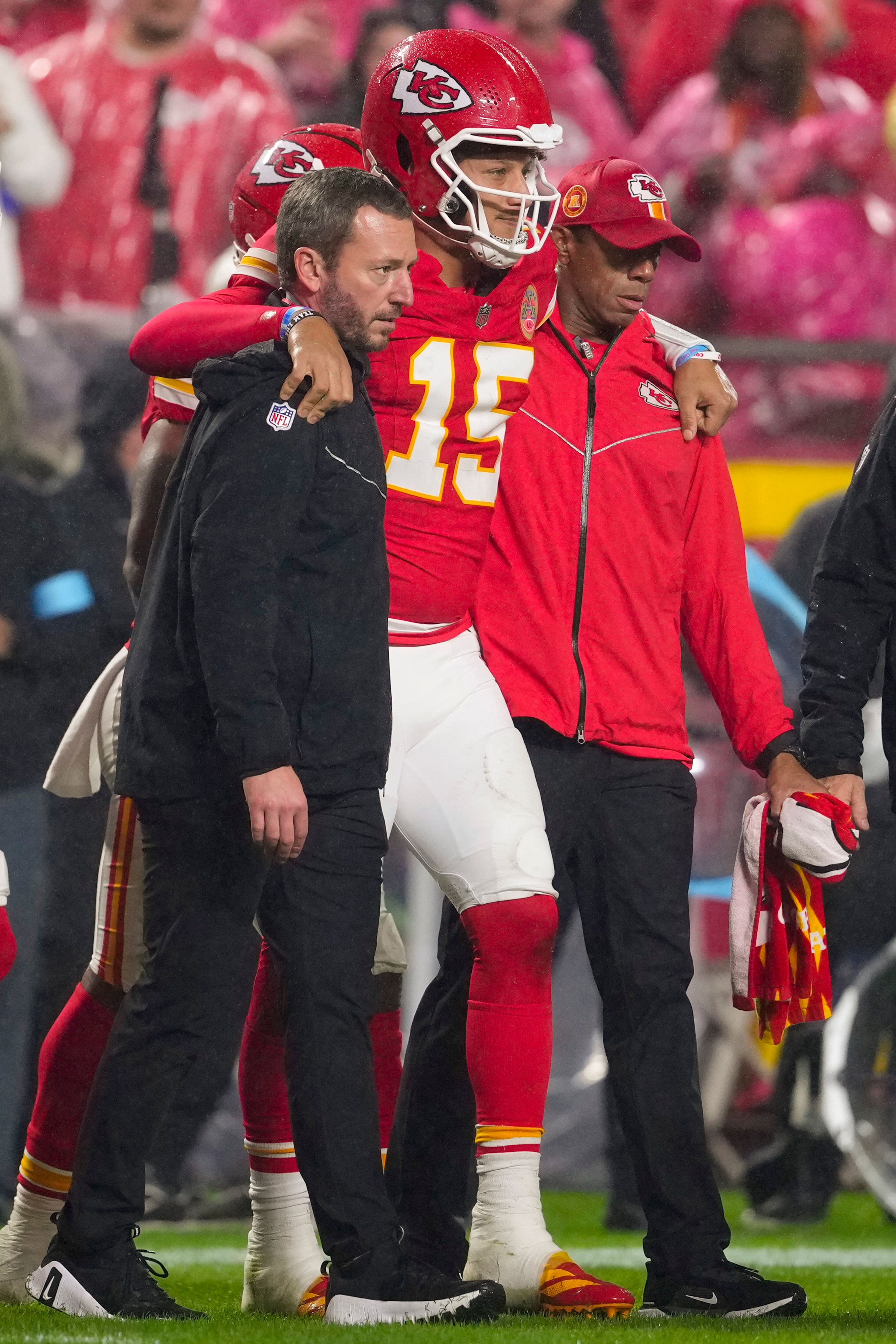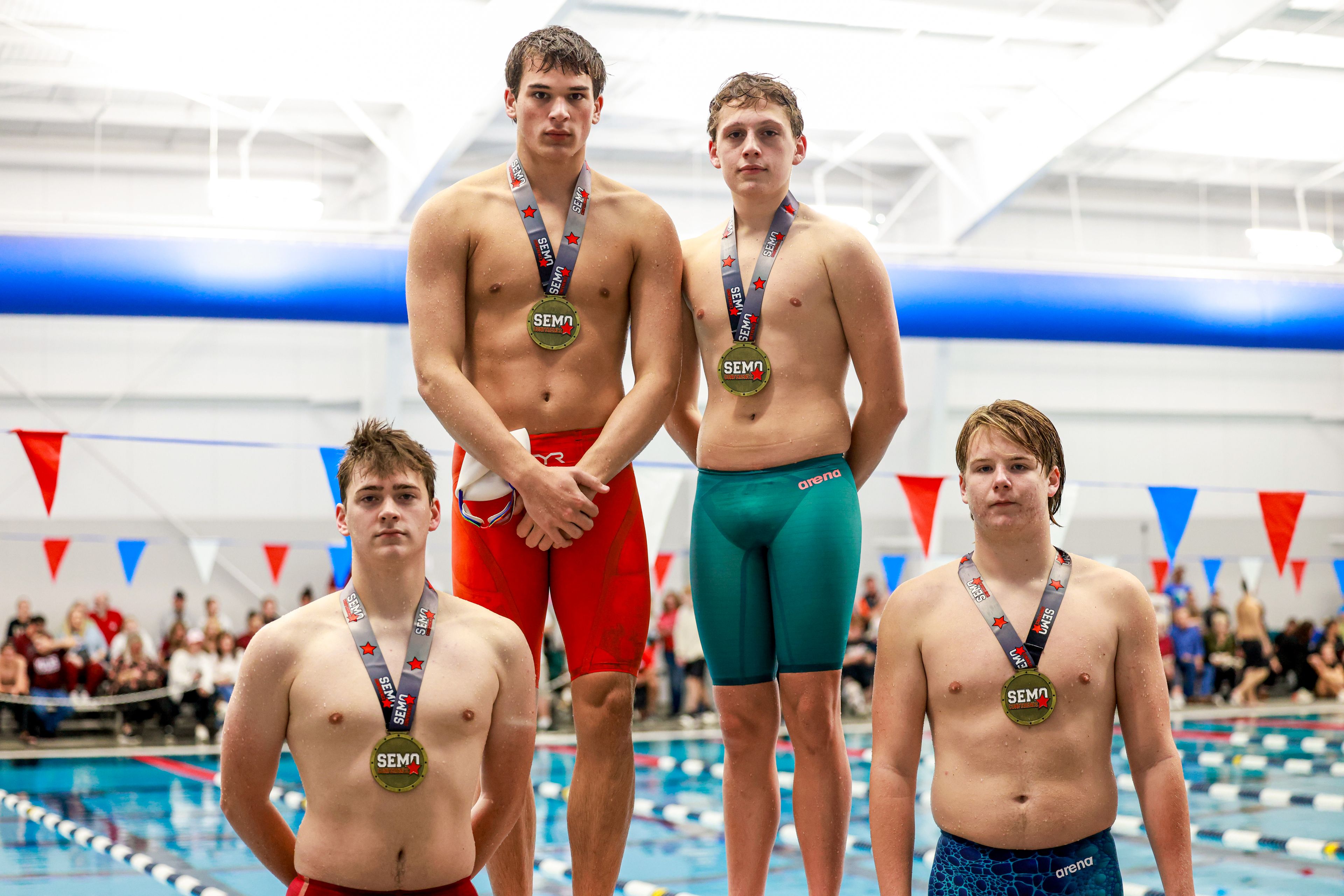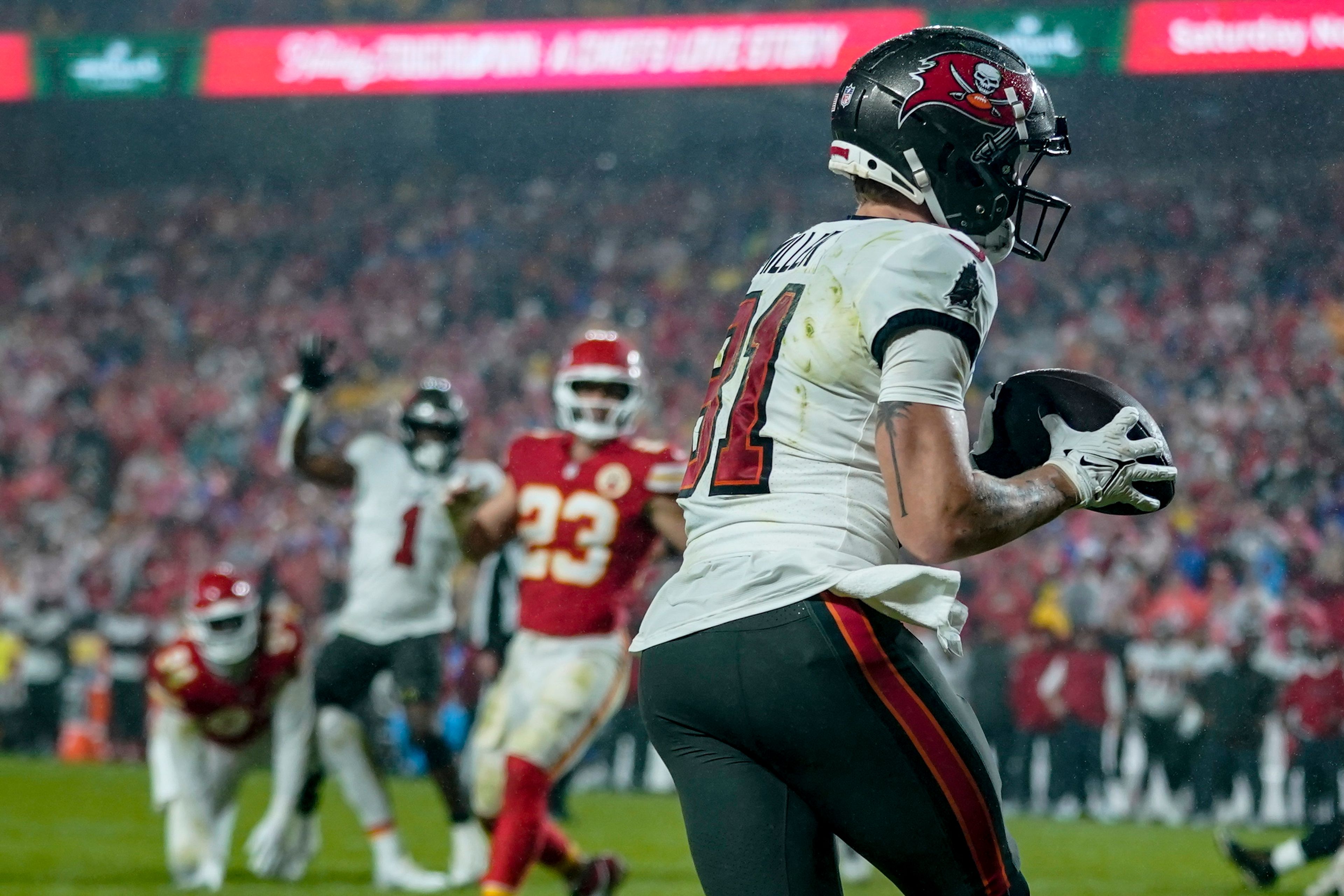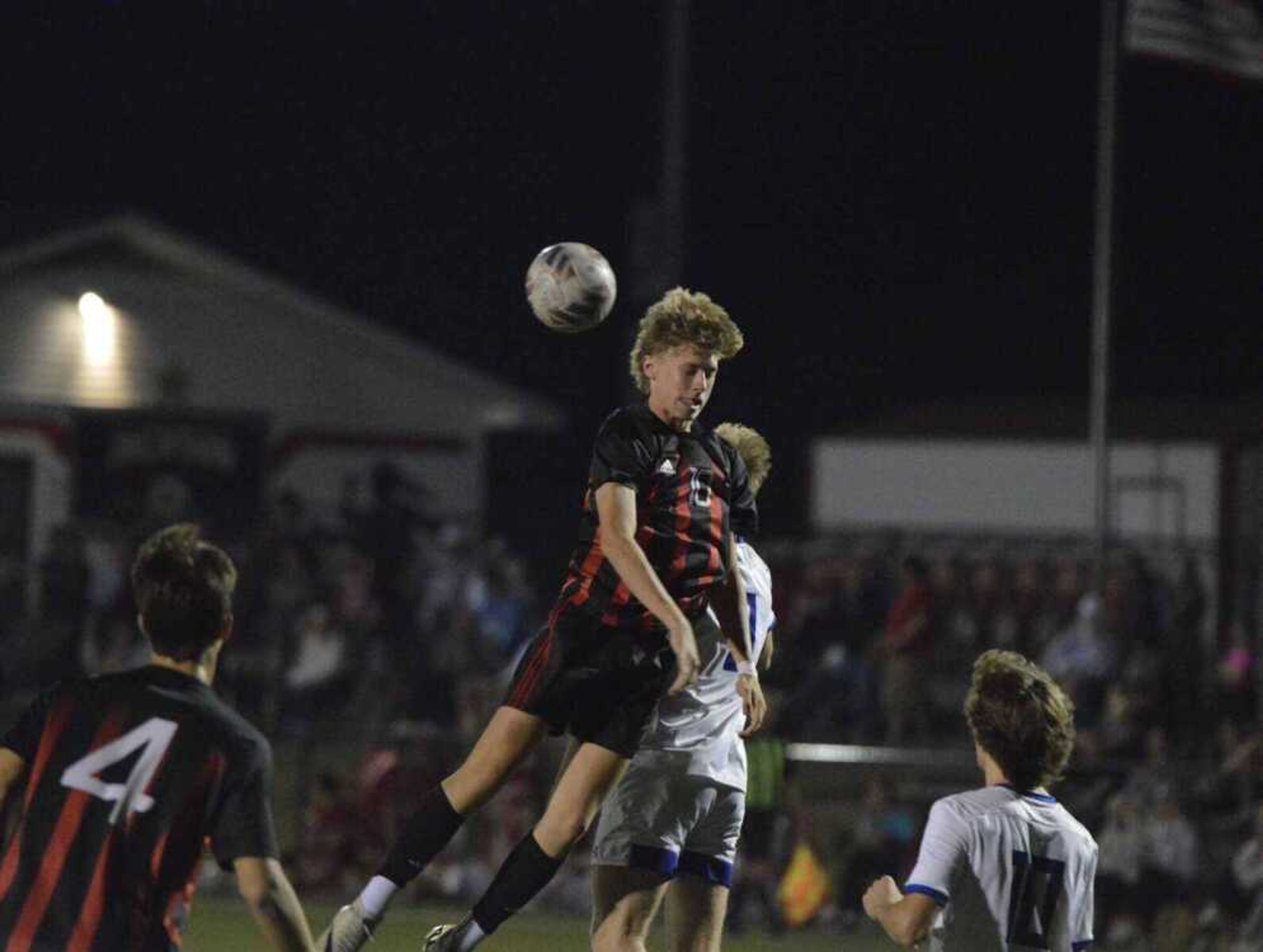Class AAA Redbirds change the face of Memphis
MEMPHIS, Tenn. -- It seems almost unimaginable in the cutthroat world of pro sports: a stadium the taxpayers weren't browbeat into paying for and one whose owners give all profits to charity. But the Class AAA Memphis Redbirds did it, helping breathe new life into a once-crumbling strip of downtown while donating thousands of dollars to keep inner-city kids out of trouble...
MEMPHIS, Tenn. -- It seems almost unimaginable in the cutthroat world of pro sports: a stadium the taxpayers weren't browbeat into paying for and one whose owners give all profits to charity.
But the Class AAA Memphis Redbirds did it, helping breathe new life into a once-crumbling strip of downtown while donating thousands of dollars to keep inner-city kids out of trouble.
AutoZone Park -- the $80 million, 14,200-seat stadium that opened five years ago -- is owned by The Memphis Redbirds Baseball Foundation, which is recognized by the Internal Revenue Service as a 501(c)(3)charity.
"We're the only not-for-profit charitable organization that owns and runs a pro franchise," Redbirds general manager Dave Chase said. "A number of not-for-profit groups run minor league baseball teams. They might be community associations or government entities, so they're not-for-profit, but they're not charitable."
The Redbirds foundation has been a major player in rebuilding efforts for downtown Memphis, and it pays for baseball and softball programs through the city schools and summer leagues.
More than $600,000 a year, part from donations, now goes to those youth programs, with plans for raising the Redbirds' share to more than $7 million annually once stadium construction bonds are paid off.
Frederick Garrison, 14, doesn't know much about "for-profit" or "not for profit," or even where the money comes from that keeps him in his Geeter Middle School baseball uniform. But he knows he likes to play and hopes to make the most of his budding athletic abilities.
"I'm going to try to get a scholarship to college one day," he said as he knocked dirt from his cleats during a recent game.
After the Memphis Chicks, the city's former minor league baseball team, left town after failing to get a new stadium built, a handful of concerned citizens took it upon themselves to find a replacement.
They put up $8.5 million for the baseball franchise and built the new stadium, but they make no money from either. The foundation is run by a volunteer board.
"We wanted to improve the lives of children," said Rita Sparks, the foundation's president. "And we wanted to build a place where people could come downtown and enjoy a family outing."
Getting the brick-and-steel stadium built wasn't easy, and the planners had their sights set high. They wanted a team guaranteed to stay around for the long haul and a stadium that wouldn't burden the taxpayers.
They also wanted the ballpark downtown, despite complaints it should be in the suburbs, closer to the folks most likely to buy tickets to games.
It ended up about as downtown as downtown gets, half a block from the historic Peabody Hotel and two blocks from Beale Street.
The FedExForum, home of the NBA's Memphis Grizzlies, opened late last year within sight of the ballpark, which replaced a nest of rundown buildings and potholed parking lots anchored by an X-rated movie house.
"It has drawn thousands of people who probably hadn't been downtown in years, and in many cases, they've left the ballpark not only converts to Redbirds baseball but to downtown as well," said Jeff Sanford, president of the Memphis Center City Commission.
Stadium attendance last year for the Redbirds, an affiliate of the St. Louis Cardinals, topped 730,500 for 70 home games.
Memphis businessman Dean Jernigan, founder and former owner of Storage USA Inc., and his wife, Kristi, began looking for a Class AAA franchise in 1996. Jernigan said from the beginning he was out to do something new, to build a sports franchise for the city and the fans, not the owners.
"There's so much greed in professional sports already," he told The Commercial Appeal newspaper of Memphis. "That greed stands between the fan and the team."
The ballpark was financed by $72 million in construction bonds with the city and county putting in $8 million worth of site preparation and utility work.
Since the foundation is a charity, the bonds were tax-exempt, but then the IRS began having second thoughts because the for-profit Cardinals benefit by having the Redbirds train their players.
Through a compromise, the foundation kept the bonds tax free by paying the IRS $1.6 million.
"I don't think there'll be another deal financed like this one," said James McLaren, a lawyer who worked on the project. "It was a novel idea."
The Jernigans keep a residence in Memphis but moved to London after Jernigan sold Storage USA in 2002. They avoid the public spotlight, Chase said, declining to give out phone numbers or an e-mail address.
The stadium, with Memphis-based AutoZone buying naming rights, already has spurred other downtown development. An upscale apartment complex now overlooks the field, a long-dormant office building beside the park has been renovated and a new public school recently opened nearby.
In announcing their move from Vancouver in 2001, the Grizzlies pointed to the ballpark as evidence of a downtown entertainment market. The Grizzlies stadium, which cost $250 million, was paid for by local and state taxpayers.
The summer program created by the Redbirds foundation, called Returning Baseball to the Inner-City or RBI, offers more than game basics. Youngsters get lunch every day, and practices include time for reading and talking about books or articles on sports.
"We're trying to encourage reading and the enjoyment of reading," said program director Reggie Williams, a former school principal and player with the Dodgers.
But most of all, for the youngsters, anyway, they get to have fun.
"I used to play volleyball, but I love this game," said Kenya Lee, 14, a member of the Havenview Middle School softball team.
Connect with the Southeast Missourian Newsroom:
For corrections to this story or other insights for the editor, click here. To submit a letter to the editor, click here. To learn about the Southeast Missourian’s AI Policy, click here.
